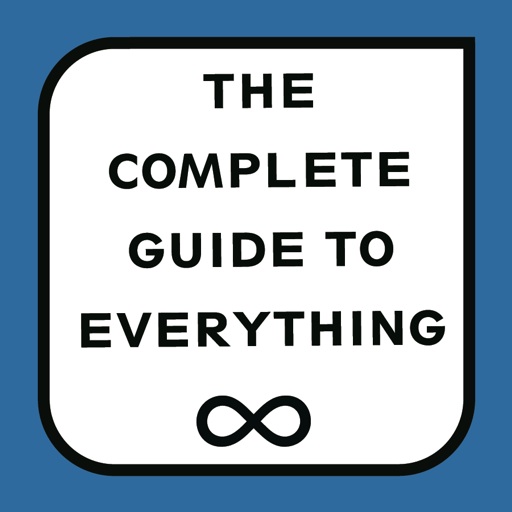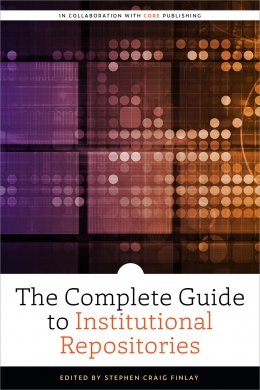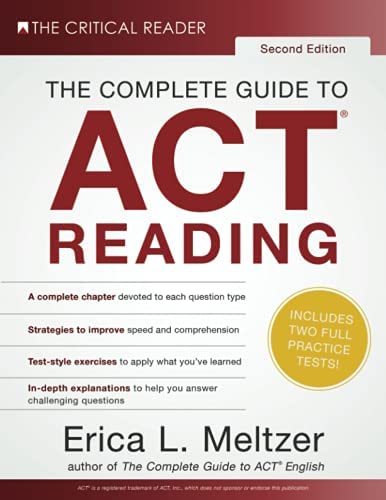Are you considering taking out a second mortgage? If so, then you’ve come to the right place. In this article, we’ll provide you with a comprehensive guide on second mortgages – from understanding how they work and the different options available, to the associated fees and the potential risks. Read on for all the information you need to make an informed decision about taking out a second mortgage.
What Is a Second Mortgage?

A second mortgage is like taking out a loan on a piece of property you already own. It’s different from a first mortgage because it’s a loan that’s taken out in addition to the first mortgage. This means that the borrower is taking out two loans on the same property. By taking out a second mortgage, the borrower can get access to cash that can be used for anything, including buying a car, paying off debt, or even taking a vacation. The interest rate on a second mortgage is usually higher than that of a first mortgage, but if you have good credit, you can often get a better rate. It’s important to understand the risks associated with taking out a second mortgage, such as the potential to lose your home if the loan isn’t paid back. But if you’re smart about it and have a plan to pay it back, a second mortgage can be a great way to get the cash you need.
Pros and Cons of Taking Out a Second Mortgage

When it comes to taking out a second mortgage, it’s important to weigh the pros and cons carefully before making a decision. On the plus side, a second mortgage can provide you with access to additional money for large purchases or to cover emergency expenses, and it can also be used to consolidate high-interest debt into one lower-interest loan. On the other hand, taking out a second mortgage will increase the amount of debt you carry and could put your home at risk if you are unable to keep up with your payments. Additionally, you may be subject to higher interest rates and more stringent requirements than you would with a first mortgage. Ultimately, it’s important to do your research and understand how a second mortgage could affect your finances before making a decision.
Qualifying for a Second Mortgage

If you’re looking to qualify for a second mortgage, there are a few things you should keep in mind. First and foremost, your credit score is the most important factor in determining whether or not you can get approved. Additionally, you must have enough equity in your home to be eligible for a second mortgage. Lastly, your income must be sufficient to cover the cost of the loan. Taking the time to review your credit score, calculate your equity, and calculate your income will help you determine if you’re eligible for a second mortgage. If you’re not sure where to start, reach out to a mortgage professional for help. They can guide you through the process and help you find the best option for you.
Types of Second Mortgages

Second mortgages are a great option for homeowners who need access to extra cash but don’t want to refinance their existing mortgage. There are several different types of second mortgages available, depending on your specific financial needs. Home Equity Lines of Credit (HELOCs) are popular for those who need access to revolving funds for ongoing expenses or projects. If you need a lump sum of money, a home equity loan might be the better option. Both of these options allow you to access the equity in your home and use it for whatever you need. You can also opt for a cash out refinance, which allows you to refinance your current mortgage and take out the difference in cash. Finally, you may want to consider a piggyback loan, which is a second mortgage that is taken out at the same time as your primary mortgage. Whichever type of second mortgage you choose, make sure you understand the terms and conditions of the loan before signing any paperwork.
How to Avoid Plagiarism When Writing About Second Mortgages

If you’re writing an article about second mortgages, it’s important to make sure you don’t plagiarize anyone else’s work. Plagiarism is a form of cheating, and it can result in serious consequences for those who are caught. The best way to avoid plagiarism when writing about second mortgages is to do your research and make sure you’re using your own words and ideas. Make sure you cite any sources you use, and never copy and paste information from online sources. If you have any questions, you can always ask an expert for help. Writing about second mortgages doesn’t have to be hard, and taking the time to make sure you’re not plagiarizing someone else’s work can help you save time and protect yourself from potential legal issues.




